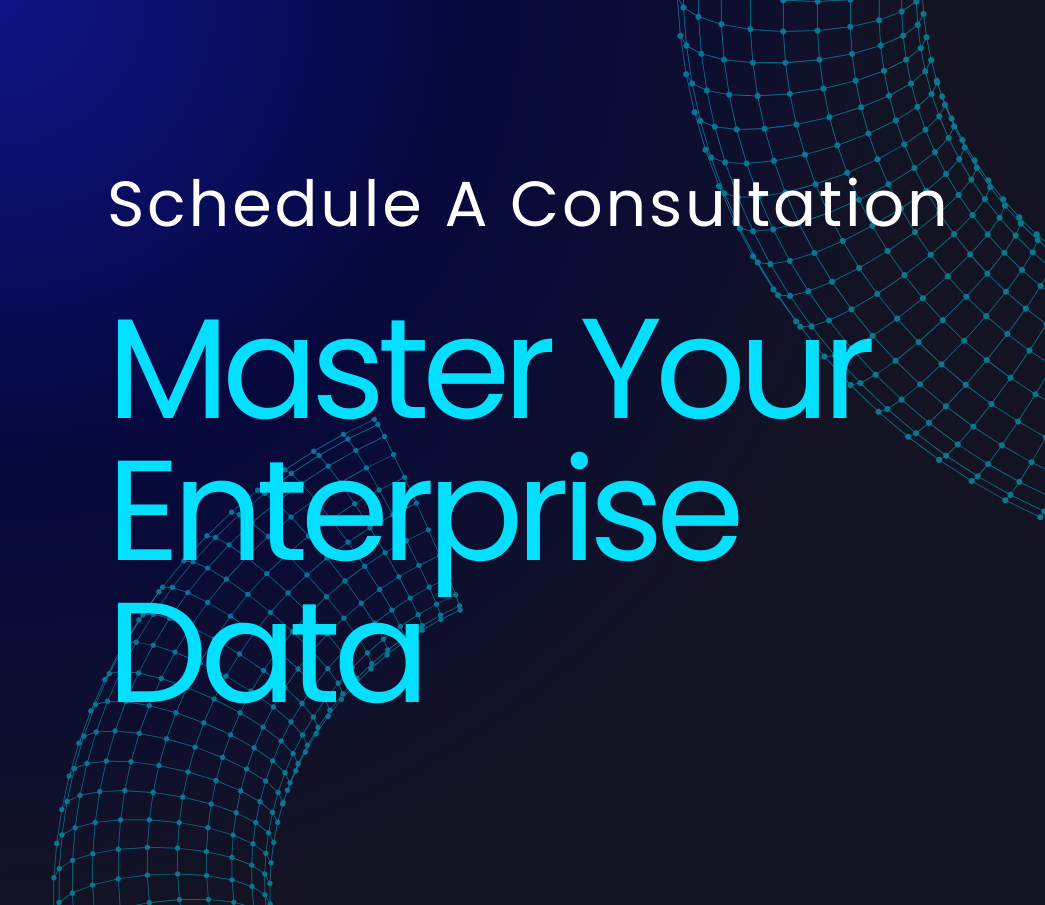Enterprise processing frameworks are quietly revolutionizing how organizations govern their data. Far from being just about crunching numbers faster, these frameworks are the unsung heroes bringing order to the chaos of terabytes of daily data generation. They’re not replacing governance; they’re supercharging it.
A recent Gartner study found that organizations using advanced processing frameworks for governance saw a 37% reduction in data-related compliance issues and a 42% improvement in data quality scores. These aren’t just numbers; they’re a testament to the transformative power of intelligent processing.
These frameworks are embedding data quality checks, compliance, and security directly into the processing pipeline. Every transformation, every movement of data becomes an opportunity to validate, cleanse, and enrich. It’s not just about catching errors; it’s about preventing them from happening in the first place.
But here’s the catch: implementing these frameworks isn’t a walk in the park. It requires a fundamental shift in how we think about data processing and governance. It’s not just a technical challenge; it’s a cultural one. The question isn’t whether enterprise processing frameworks can enhance your data governance. The question is: can you afford to ignore their potential?
Overview
- Enterprise processing frameworks are revolutionizing data governance by embedding quality checks, compliance, and security into the data lifecycle.
- Advanced frameworks can reduce data-related compliance issues by up to 37% and improve data quality scores by 42%.
- These systems are shifting data quality management from reactive to proactive, with some organizations seeing a 63% reduction in data quality incidents.
- Compliance is becoming a competitive advantage, with framework-enabled companies 72% less likely to face regulatory fines.
- Security is being redefined, with flexible frameworks providing more robust protection than traditional rigid systems.
- The human element remains crucial, with successful implementation requiring a cultural shift towards data literacy and shared governance responsibility.


















